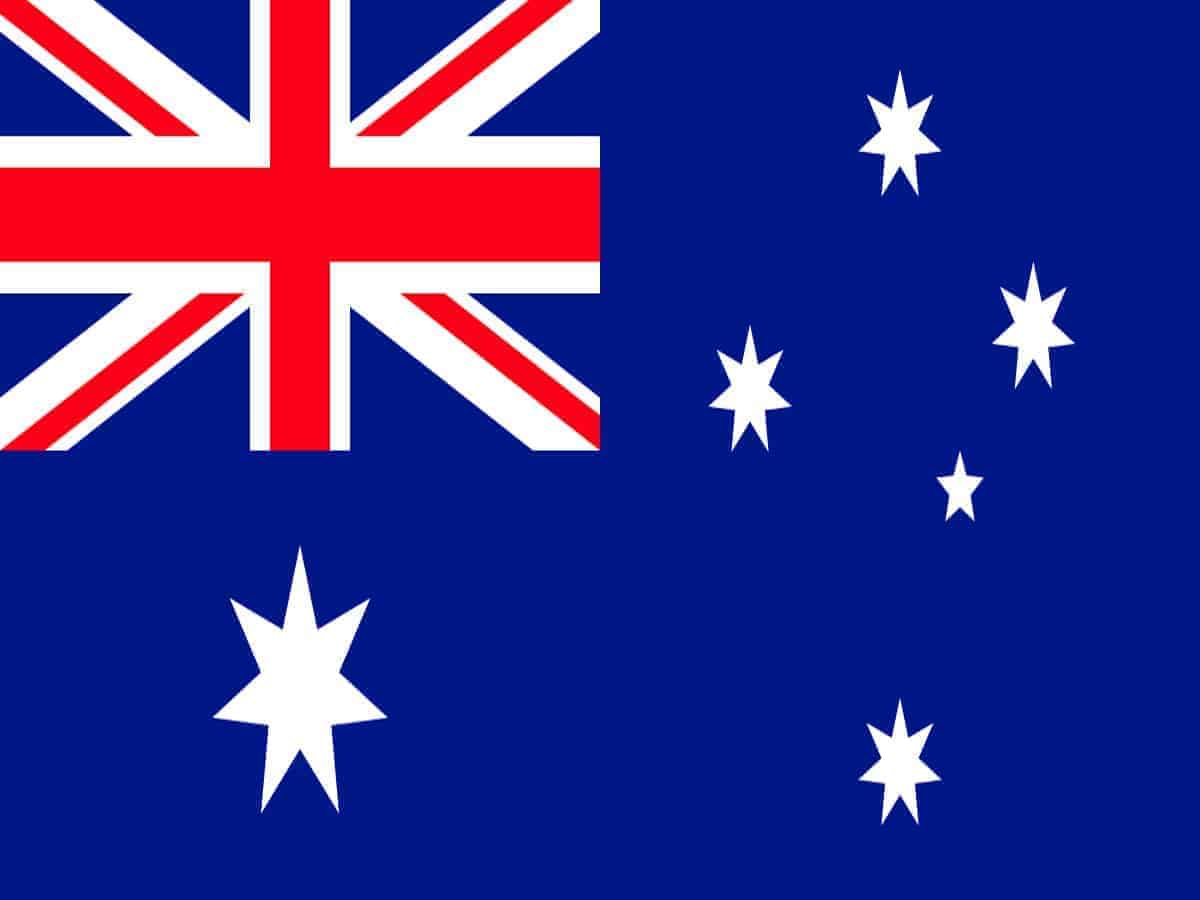
Canberra: The Australian government has welcomed UNESCO’s recommendation that the Great Barrier Reef remain off the World Heritage in-danger list.
The United Nations Educational, Scientific and Cultural Organization (UNESCO) on Monday released a draft report urging Australia to set more ambitious climate change targets to preserve the reef but recommending against the 21-member World Heritage Committee listing it as in danger at its meeting in July, reports Xinhua news agency.
Responding to the report, Australian Environment and Water Minister Tanya Plibersek said the decision recognised the ongoing efforts of the governments of Australia and the state of Queensland to make significant progress on climate change, water quality and sustainable fishing.
In a joint statement with Nita Green, Australia’s Special Envoy for the Reef, Queensland Premier Steven Miles and Di Farmer, Queensland’s Acting Minister for the Environment and the Great Barrier Reef, Plibersek said the two governments have invested a combined 2.2 billion Australian dollars ($1.4 billion) in protecting the reef.
“The Great Barrier Reef is part of our national heritage. We have a duty to safeguard it, to care for it, and to pass it on, so our kids and grandkids can enjoy it like we do,” she said.
“Together with the Queensland Government, we are acting on climate change, improving local water quality, protecting our marine life, dealing with invasive species, and investing a record amount of money into reef programs.”
In its report, UNESCO experts expressed their utmost concern over a mass coral bleaching event that occurred across the reef in the summer of 2023/24.
It was the fifth time in eight years that the reef has experienced mass coral bleaching, a phenomenon whereby coral enduring heat stress expel the symbiotic algae living in their tissue, turning the coral completely white and increasing the risk of starvation.
The UNESCO report also raised concerns about ongoing water quality problems on the reef, calling for tougher laws to prevent land clearing in the reef’s catchment area.
Australia will be required to provide further progress reports on its reef management efforts to UNESCO in February 2025 and 2026.
